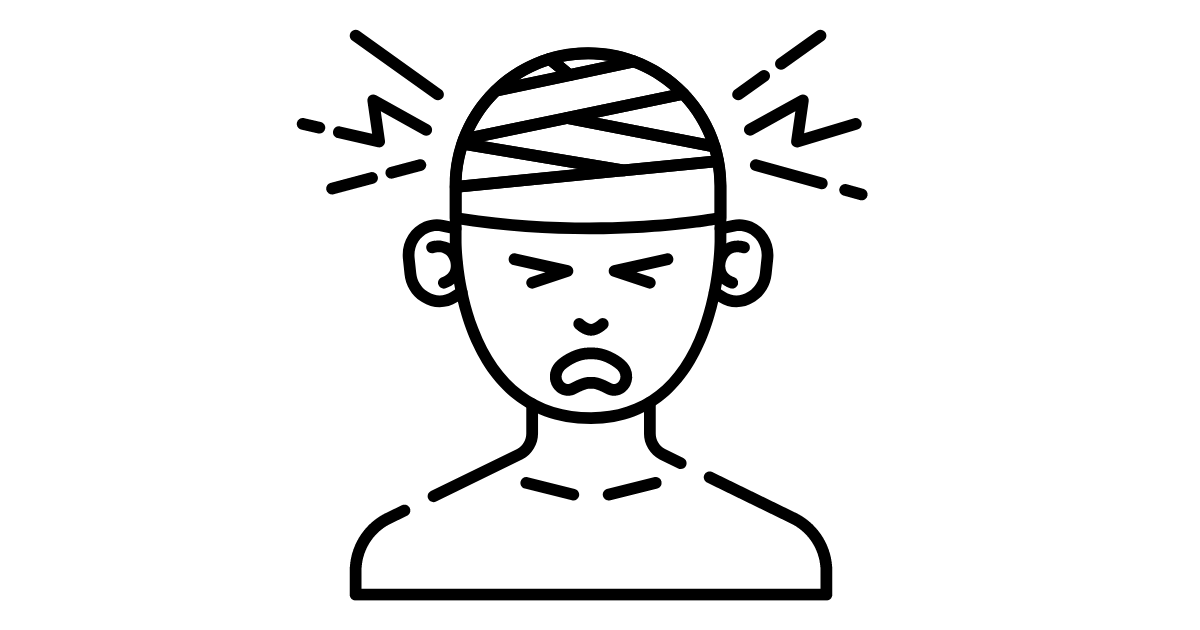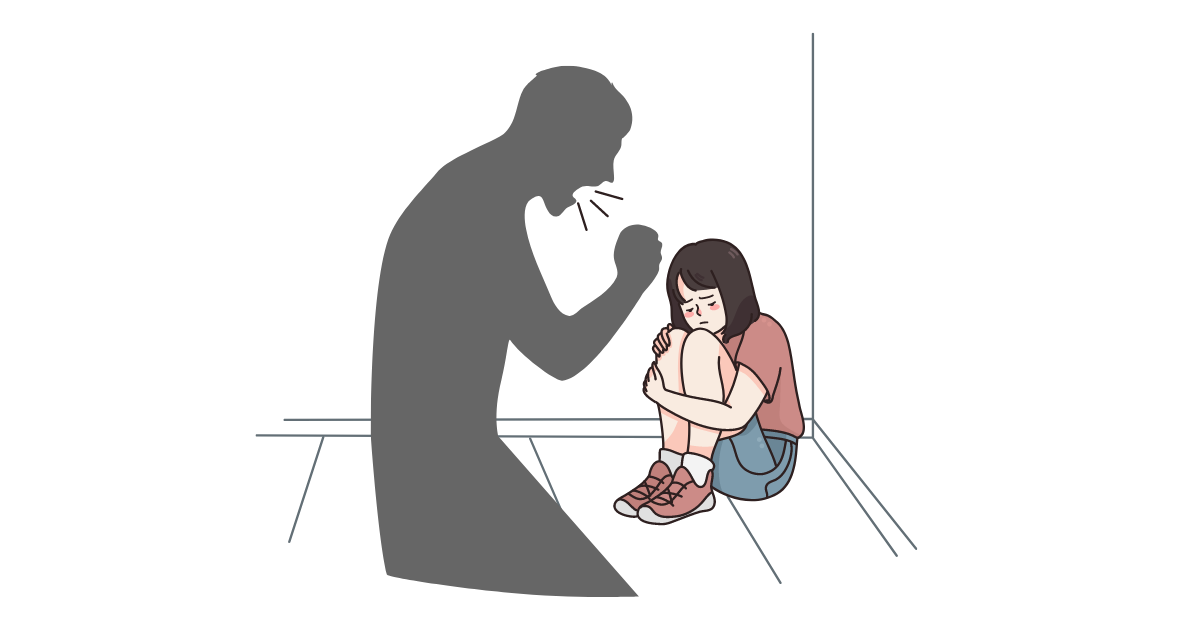Trauma bonds are complex emotional attachments that develop in abusive relationships. These bonds can be so intense that they feel like love, despite the relationship being harmful and abusive. Victims of trauma bonds often struggle to leave the relationship due to the emotional attachment they feel towards their abuser.
This can make it difficult for them to recognize the harmful dynamics of the relationship and break free from the abuse. Understanding why trauma bonds feel like love is crucial to recognizing and breaking free from these harmful patterns.
In this blog post, we will explore the reasons why trauma bonds feel like love and provide practical strategies for breaking free from them. By understanding the dynamics of trauma bonds, individuals can take steps towards healing and building healthier relationships.
Definition of Trauma Bonds

Trauma bonds, also known as Stockholm Syndrome, are formed in abusive or dysfunctional relationships where the victim becomes emotionally attached to the abuser.
This attachment is based on a cycle of reward and punishment, where the abuser alternates between being kind and abusive towards the victim.
This cycle creates a sense of unpredictability, causing the victim to become emotionally invested in the relationship in the hope that they can change the abuser’s behavior.
Importance of Understanding Trauma Bonds
Understanding trauma bonds is crucial for individuals who have experienced or are currently experiencing abusive relationships. Many victims of trauma bonds may not realize that they are in an abusive relationship or may feel trapped and unable to leave. Understanding trauma bonds can help victims recognize the signs of abuse and take steps to break free from the cycle.
Additionally, understanding trauma bonds can help friends, family, and professionals provide appropriate support and resources to victims. It can also help prevent future instances of abuse by raising awareness and educating individuals on the dynamics of abusive relationships.
Cycle of Reward and Punishment
The cycle of reward and punishment is a hallmark of trauma bonds. In these relationships, the abuser alternates between being kind and abusive towards the victim. When the abuser is kind or shows affection, the victim feels loved and validated. However, when the abuser becomes abusive, the victim may feel helpless and fearful, hoping that their abuser will return to their kind and loving ways.
This cycle creates a sense of unpredictability, which reinforces the trauma bond. Victims become emotionally invested in the relationship in the hope that they can change the abuser’s behavior and restore the loving connection they once shared.
Unpredictability as a Reinforcing Factor
The unpredictability of an abusive relationship can be a powerful factor in reinforcing a trauma bond. Victims may become addicted to the intense emotions they experience in the relationship, including fear, anxiety, and excitement. The unpredictability of the abuser’s behavior keeps the victim on edge, creating an emotional high that can feel intoxicating.
As a result, the victim may start to crave this emotional intensity, which reinforces the trauma bond. This creates a sense of dependency on the abuser and makes it difficult for the victim to leave the relationship.
Feelings of Guilt and Responsibility
Another aspect of trauma bonds is the victim’s sense of guilt and responsibility for the abuse they are experiencing. The abuser may manipulate the victim into believing that the abuse is their fault, that they are not doing enough to make the relationship work, or that they are not worthy of love and respect.
These feelings of guilt and responsibility can keep the victim trapped in the relationship, making it difficult for them to break free from the cycle of abuse. The victim may feel that they are the only one who can change the relationship and that they must continue to try to please their abuser, even if it means enduring more abuse.
Why Do Trauma Bonds Feel Like Love?
Trauma bonds can be so intense that they feel like love, even though the relationship is abusive and harmful. There are several reasons why trauma bonds feel like love, including:
1. Intense Emotional Attachment
Trauma bonds often create an intense emotional attachment between the victim and the abuser. The cycle of reward and punishment can create intense highs and lows, leading the victim to feel emotionally invested in the relationship.
The victim may also feel a sense of loyalty or obligation to the abuser, which can increase their emotional attachment.
2. Manipulation through Expressions of Love and Affection
Abusers may use expressions of love and affection as a form of manipulation to keep the victim emotionally attached. This can include making promises to change, expressing remorse, or showering the victim with gifts and attention. These expressions of love and affection can create a sense of hope in the victim and reinforce the trauma bond.
3. Psychological Mechanisms, including Addiction to Intense Emotions
Psychological mechanisms can also contribute to the feeling of love in trauma bonds. One such mechanism is the addiction to intense emotions. Trauma bonds can create intense emotional highs and lows, which can be addictive.
The victim may become addicted to the emotional rush they experience in the relationship, making it difficult for them to leave.
Another psychological mechanism is cognitive dissonance, where the victim’s thoughts and beliefs are in conflict with their actions. The victim may believe that the abuser is harmful or abusive but also feel emotionally attached to them.
This conflict can create a sense of confusion and make it difficult for the victim to leave the relationship.
In conclusion, trauma bonds can feel like love due to the intense emotional attachment between the victim and abuser, manipulation through expressions of love and affection, and psychological mechanisms such as addiction to intense emotions and cognitive dissonance.
Understanding these dynamics can help individuals recognize and break free from trauma bonds.
How to Break Trauma Bonds
Breaking trauma bonds can be a challenging process, but it is possible with the right support and resources. Here are some steps individuals can take to break trauma bonds:
Recognizing Abuse and the Cycle of Reward and Punishment
The first step in breaking trauma bonds is recognizing the abusive behavior and the cycle of reward and punishment that reinforces the trauma bond.
This involves identifying the patterns of abuse in the relationship and understanding the impact they have on one’s mental and emotional health.
Taking Responsibility for One’s Actions
Breaking trauma bonds also involves taking responsibility for one’s actions and understanding that the abuse is not one’s fault. This involves acknowledging the role that one has played in the relationship and taking steps to break the cycle of abuse.
Seeking Professional Help from a Therapist
A therapist can provide essential support in breaking trauma bonds. They can help individuals understand the dynamics of the relationship and the impact of the abuse on their mental and emotional health.
Therapists can also provide practical strategies to help individuals break the trauma bond, such as building self-esteem and setting boundaries.
Creating a Support Network through Friends, Family, and Support Groups
Having a supportive network of friends, family, and support groups is essential in breaking trauma bonds. These individuals can provide emotional support and encouragement, as well as practical assistance such as helping with childcare or providing a safe place to stay.
Support groups specifically designed for survivors of domestic violence or trauma can also be helpful in breaking trauma bonds. These groups provide a safe space for individuals to share their experiences, receive support, and learn from others who have gone through similar experiences.
Final Thoughts
In conclusion, trauma bonds are complex emotional attachments that develop in abusive relationships. They can feel like love due to intense emotional attachment, manipulation through expressions of love and affection, and psychological mechanisms such as addiction to intense emotions and cognitive dissonance.
Breaking trauma bonds requires recognition of abuse and the cycle of reward and punishment, taking responsibility for one’s actions, seeking professional help from a therapist, and creating a support network through friends, family, and support groups.
By understanding the dynamics of trauma bonds and taking steps to break them, individuals can heal from the effects of abuse and move towards healthier relationships. It is essential to prioritize mental and emotional health and seek help when needed to break free from harmful patterns and build a life free of abuse.
